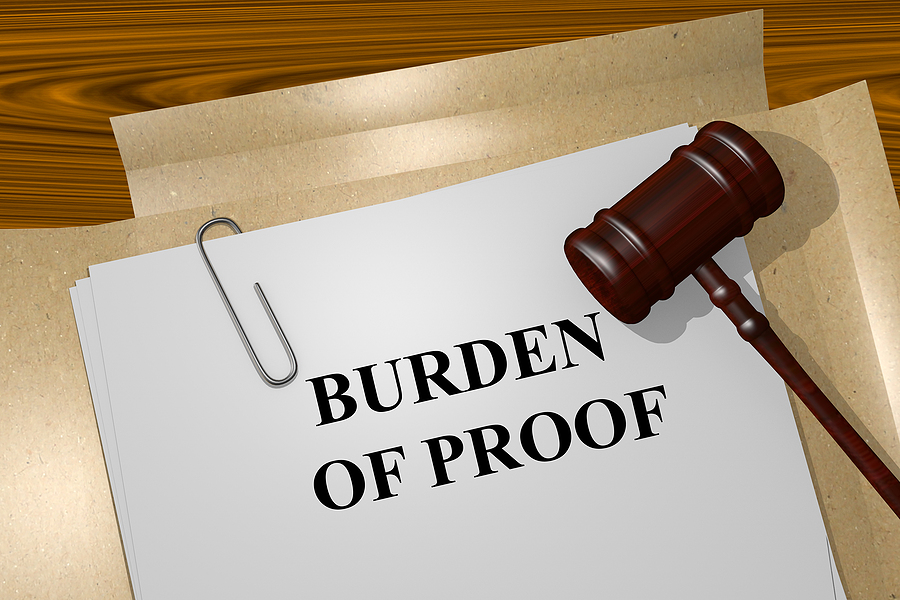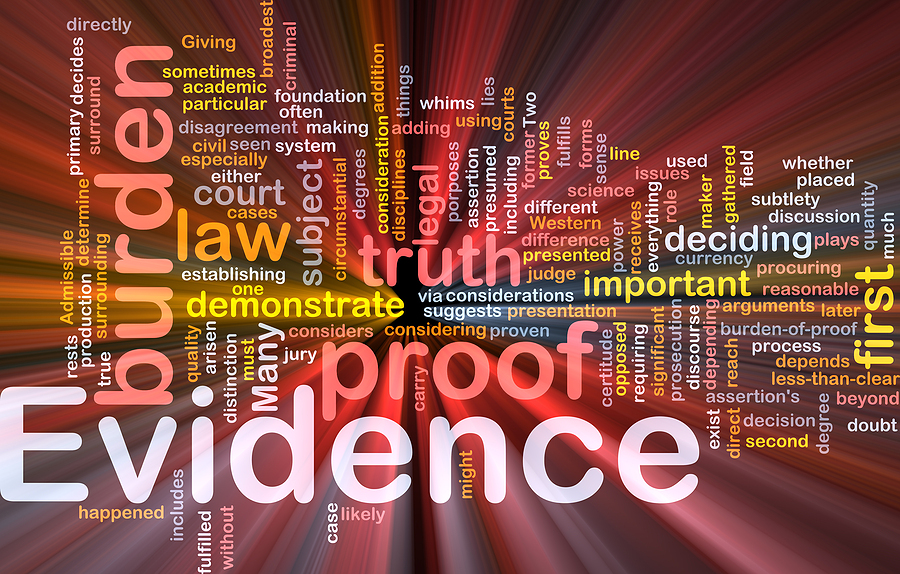Navigating the legal landscape as a criminal defendant is a daunting challenge, one fraught with complexities, uncertainties, and high stakes. For residents of Indiana facing criminal charges, the path to justice is lined with crucial decisions that can profoundly impact their freedom and future. If you’re among the many Hoosiers grappling with the legal system, equipping yourself with knowledge and a strategic approach is paramount.
In this comprehensive guide, we will explore top-tier strategies tailored for Indiana criminal defendants. These are the pillars that fortify your legal defense and engender better odds in your interaction with the judiciary. From understanding your rights to selecting the right representation, we’ll dissect the actionable steps necessary to weather the legal storm.

Know Your Rights as a Criminal Defendant
Understanding your rights is tantamount to self-advocacy in the criminal justice system. The state of Indiana ensures certain fundamental rights for individuals facing criminal charges, and being aware of these protections is critical to your defense.
Asserting and Protecting Your Rights
The right to remain silent, the right to an attorney, and the presumption of innocence are cornerstones. When confronted by law enforcement, calmly asserting your right to remain silent until counsel is present can prevent self-incrimination. Additionally, if your rights are violated during the arrest or investigation, legal recourse may be available.
Rights at Different Stages of the Legal Process
It’s also essential to recognize that these rights extend beyond the point of arrest. From arraignment to trial and appeal, you’re entitled to certain protections. Familiarize yourself with the process to recognize when these rights come into play, and act decisively to uphold them.
Hire the Right Attorney
Your choice of legal representation can be the linchpin in the outcome of your case. Selecting the right attorney is one of the most critical decisions you’ll make.
Criteria for Selection
Look for a criminal defense attorney with a proven track record in Indiana. Experience with cases similar to yours, a solid understanding of Indiana law, and a history of successful outcomes are key factors to consider. It’s also imperative that you feel comfortable with your attorney and confident in their abilities.
The Impact of Legal Representation on Case Outcomes
A skilled attorney can negotiate reduced charges, secure bail, and mount a formidable defense in court. They can also provide valuable counsel, ensuring that you make informed decisions throughout the legal process. Remember, your attorney is your advocate, and their experience can be a potent asset.
Understand the Legal Process
Familiarizing yourself with the legal process in Indiana arms you with realistic expectations and allows you to chart a course alongside your legal team.
Typical Criminal Case Process in Indiana
From the initial charge to sentencing, the process unfolds in a series of steps. Preliminary hearings, motions, trials, and appeals can follow distinct timelines and procedures. A comprehensive overview will clarify the scope of the process and the factors that may influence its progression.
Key Milestones and Expectations
Knowing what to expect can alleviate anxieties and focus your attention where it’s most needed. For instance, the role of grand juries in felony cases, the different types of hearings, and the nuances of trial procedures are vital components to have a grasp of as you move forward.
Prepare for Court
Preparation is the key to a robust defense. Working closely with your attorney, you should be thoroughly prepared for all court appearances and legal proceedings.
Steps for Effective Preparation
This includes reviewing the case in detail, understanding the evidence against you, and formulating a strategic defense. Practice answering questions that may be posed on the stand and anticipate the prosecution’s argument. Preparation also extends to arranging for witness testimony, if relevant, and ensuring they understand their role in the process.
Importance of Communication and Evidence Gathering
Effective communication between you and your attorney is essential. They’ll need to know all the details of your case to build a compelling defense. Gathering evidence, such as alibis or character references, in a timely manner can be pivotal and may involve collaborating with private investigators or other experts.
Personal Conduct Guidelines
Your conduct can influence the perception of the court and have ramifications for your case.
Conduct in and Out of the Courtroom
Follow decorum and respectful behavior during all court proceedings. Additionally, avoid any activities that could reflect poorly on you, as your behavior can be subject to scrutiny by the prosecution and judge. This includes abstaining from any actions that could lead to further legal trouble.
Maintain a Positive Image
A positive image can mitigate the impact of negative allegations and bolster the defense’s credibility. Engage only in activities that reinforce your standing and, if applicable, seek avenues to show contrition and rehabilitation where warranted.
Stay Informed and Engaged
Criminal cases often feature unexpected turns, and staying abreast of all developments is crucial for an effective defense.
Importance of Clarity and Proactivity
Seek to understand all the details of your case and be proactive in supporting your attorney’s efforts. This involves reviewing all case materials and legal documents, and actively participating in your own defense. Recognize that your actions can significantly influence the strategies and outcomes pursued by your defense team.
Proactive Defense and Support Structures
You can further your cause by establishing support structures, liaising with family and friends, and maintaining a network of advocates to help disseminate information and ensure your needs are met. Educate those in your support network on the nuances of your legal situation to garner informed and useful assistance.
Conclusion
In conclusion, for Indiana criminal defendants, the quest for justice is laden with challenges but also filled with opportunities to assert your rights. By adhering to these top tips, you’re fortifying your position and empowering yourself to contribute meaningfully to your defense. Remember, you are not alone in this fight, and the more engaged and informed you are, the brighter the beacon of hope shines.
Take these guidelines seriously, align your actions with the counsel of seasoned advice, and take the proactive steps that spell the difference between mere participation and decisive contribution to the pursuit of a favorable outcome. In the end, the narrative of your defense is one that is co-authored by your choices, your legal team, and the structures you put in place to support your strategy. Ensure it’s a story replete with resilience, agility, and the unerring pursuit of fairness.
Should you find yourself in need of further guidance or legal counsel, don’t hesitate to seek professional advice. Contact Attorney David E. Lewis at 317-636-7514 for the strongest criminal defense in Indianapolis. We will get the best possible outcome for your criminal case!
Related Posts:
Do Not Make These Mistakes if You are Facing Criminal Charges
Innocent Until Proven Guilty: Strategies for a Strong Criminal Defense
Facing Probation Violation in Indianapolis: The Essential Steps









